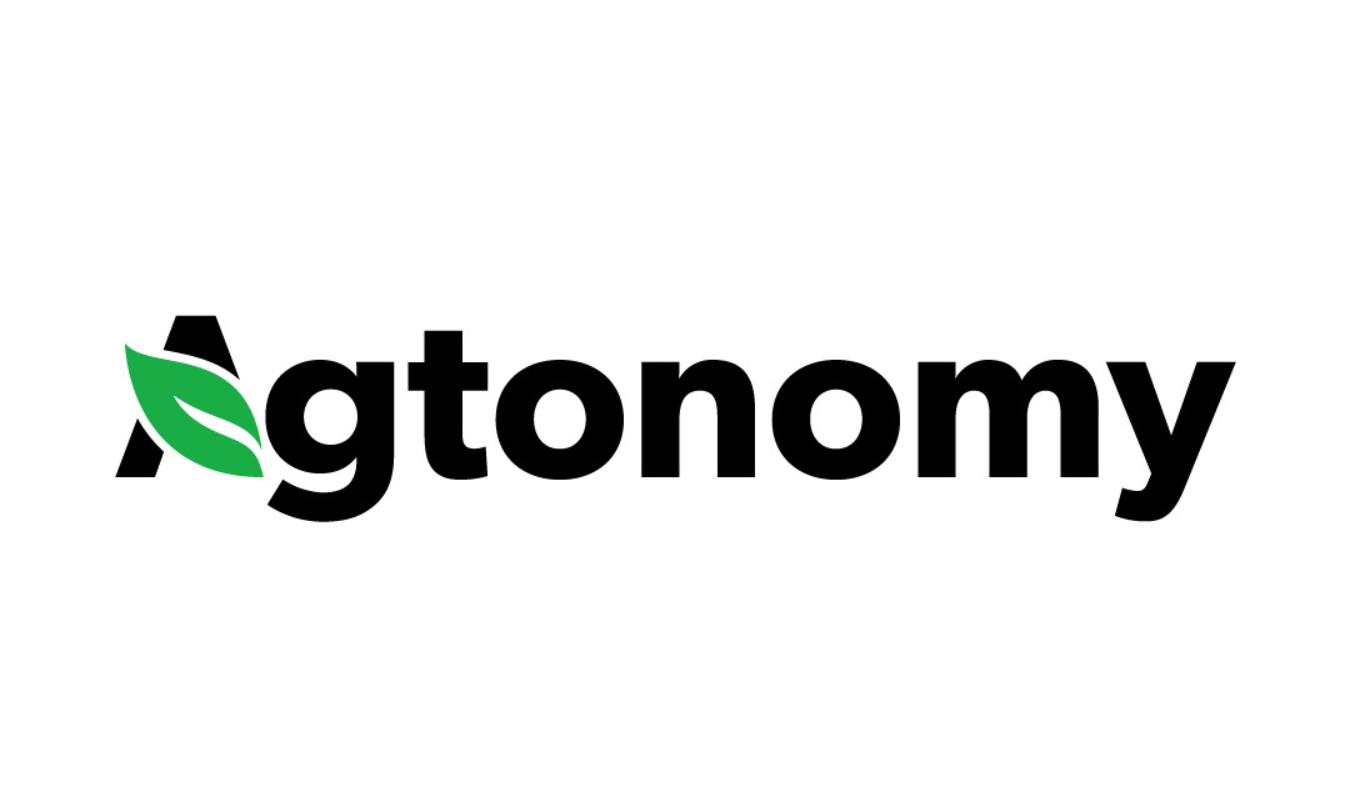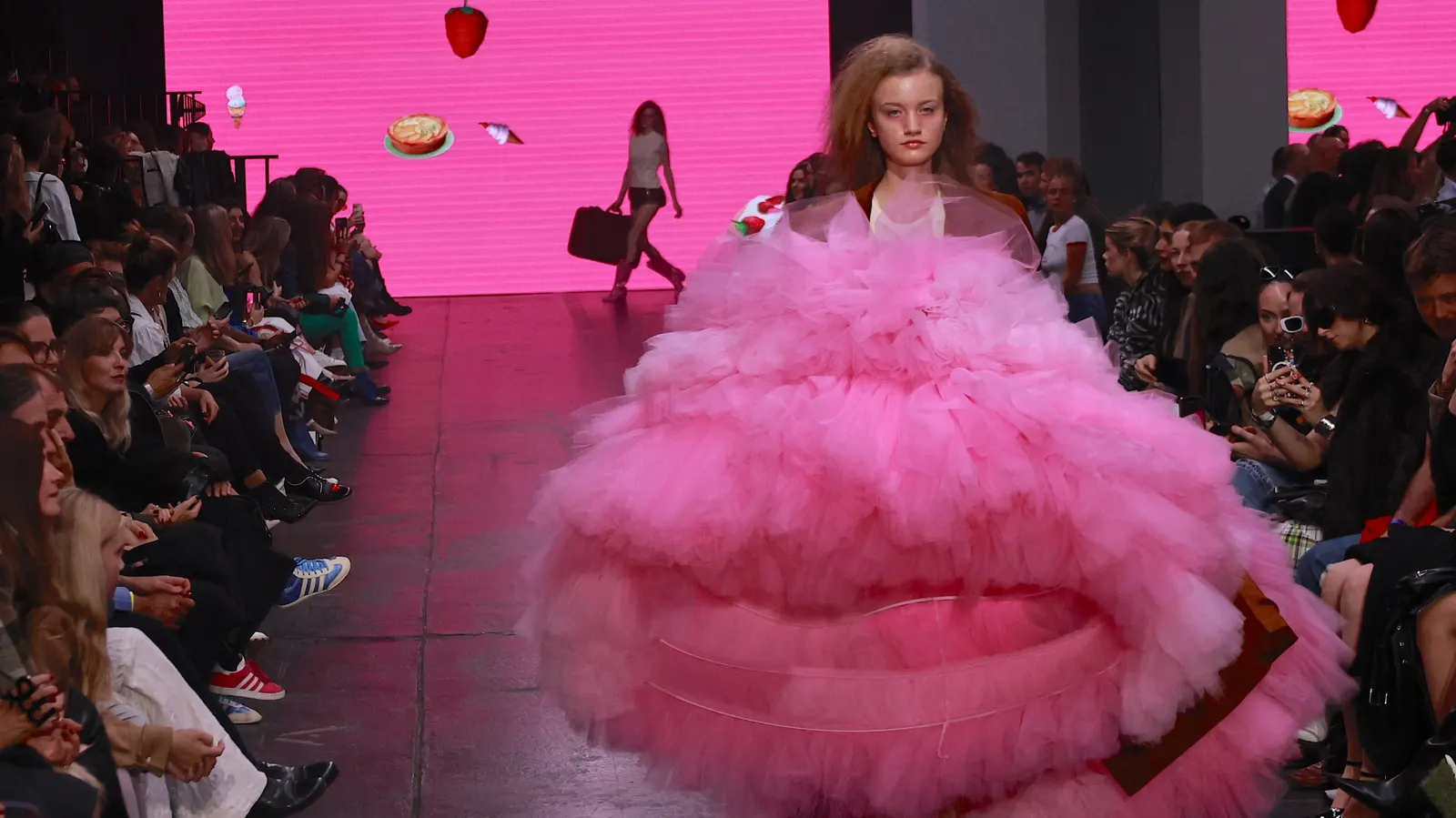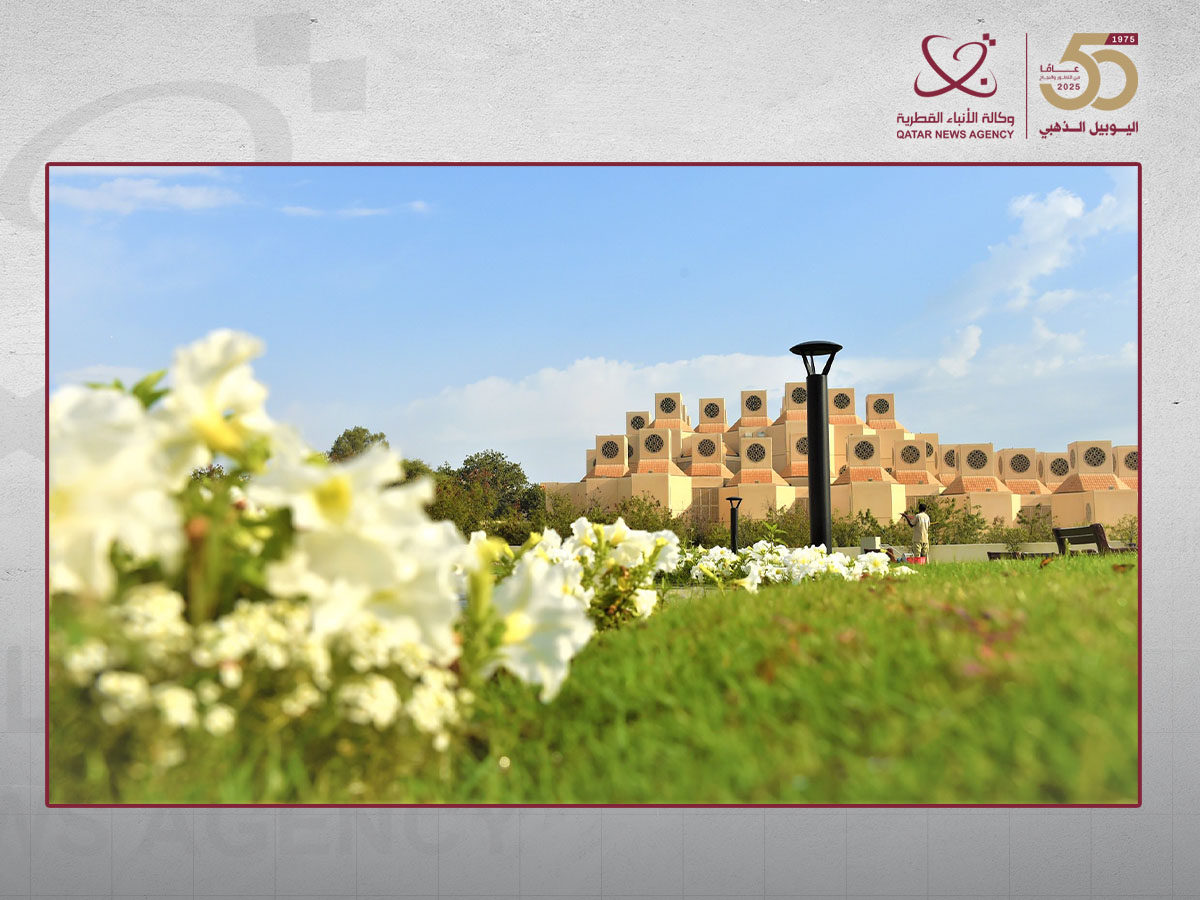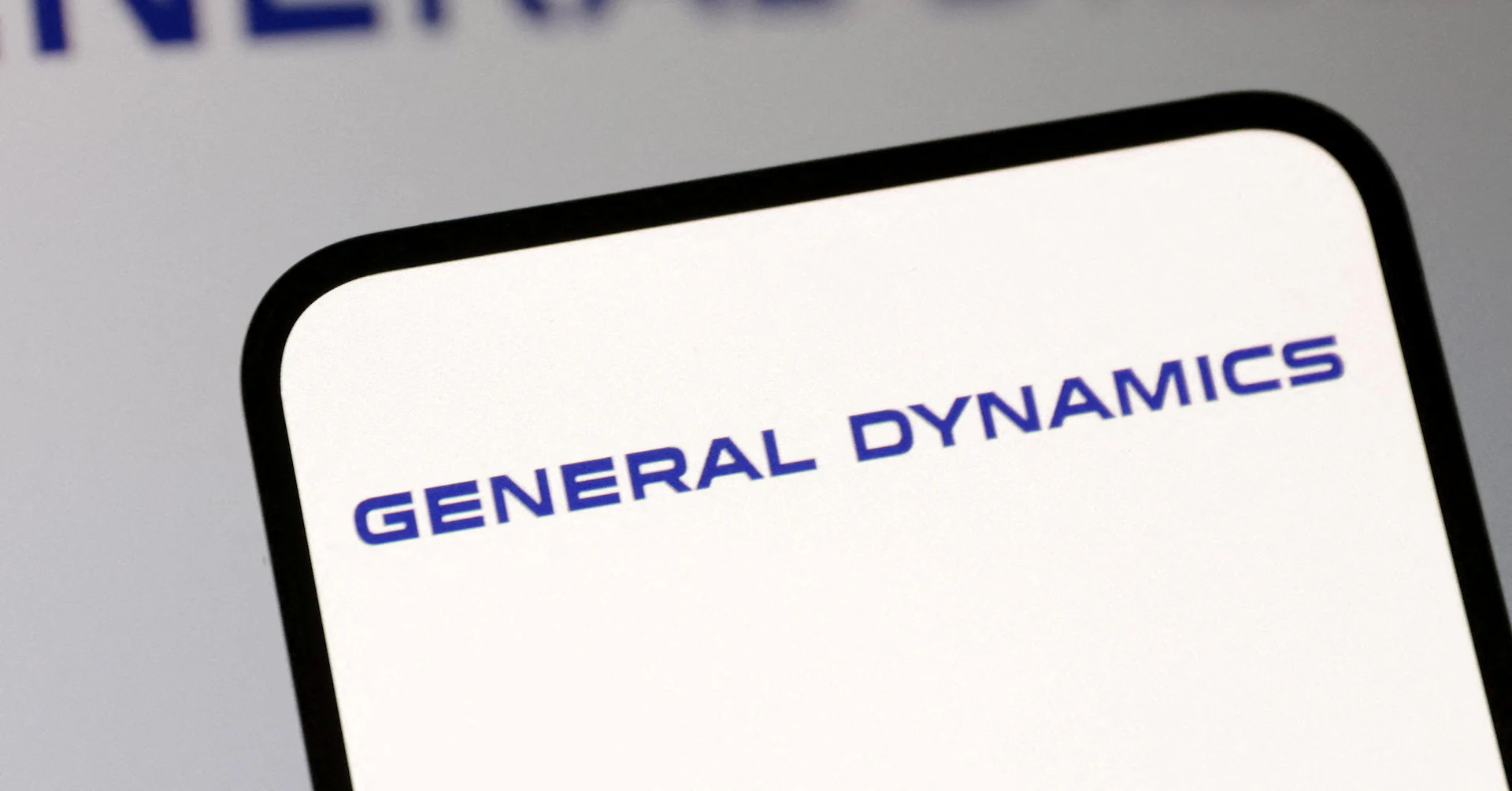Copyright nikkei

Hi everyone! This is Lauly, bracing against the heavy rain and strong winds in Hsinchu, Taiwan's most important tech hub. The northeast monsoon and outer bands of Typhoon Fengshen have brought torrential rain to northern Taiwanese cities this week. The governments of Taipei, New Taipei City, Taoyuan and Hsinchu even suspended classes in mountainous areas on Tuesday as it became unsafe to be outside. On the plus side, the nonstop heavy rainfall has dragged down the temperature, from more than 33 C in Taipei last week to 23 C now, which is much more comfortable. While it is good to finally feel the arrival of autumn, I still miss the sunshine, especially the beautiful blue sky and beaches in Okinawa, Japan, where I spent my annual leave with my family earlier this month. This was the second time I took my son to Okinawa. Last year, he was sitting in a baby stroller. This time, 2 years old and full of curiosity, he had to touch everything he saw. As I ran after him through the airport and at shopping malls, I thought to myself, this is much harder than chasing scoops! Back in Hsinchu, I caught up with a longtime LED industry friend I hadn't seen for two years. When I covered the industry 10 years ago, Epistar, Taiwan's then-largest LED chipmaker, was still fighting hard against the rise of China's San'an Optoelectronics. I still remember how every industry person I talked to back then would complain about China's subsidy policy crushing global competition. Ten years later, Epistar has merged with other LED suppliers and pivoted to niche markets, while San'an and other Chinese LED makers dominate global markets. My friend told me that back then San'an hired more than 100 employees, including executives, from her former company and that her closest former colleague was also courted. "San'an offered my friend the same salary package, only in yuan, which is four or five times higher than New Taiwan dollars. And they conducted a thorough background check on him, even finding a proper apartment, kindergarten and a nanny to allow him to move his family with him to China," she said. "He didn't take the offer, as he was already so rich that he only worked for fun." I've heard similar stories many times, but each time I am still amazed by China's determination to develop its own industry at all costs. Apple is slashing iPhone Air production orders to almost "end of production" levels, but increasing those for other iPhone 17 models, as robust overall sales of the lineup defy the ongoing tariff war and sluggish smartphone market, according to this exclusive story by Nikkei Asia's Lauly Li and Cheng Ting-Fang. Under the initial production plan, the iPhone Air accounted for roughly 10% to 15% of overall new iPhone production this year, said two sources familiar with it. The model is seen as strategically paving the way for the first foldable iPhone, expected to debut in 2026, Nikkei Asia reported earlier. According to multiple sources with direct knowledge of the matter, however, Apple has told several suppliers to drastically reduce component and electronics module orders for the company's thinnest-ever model due to lukewarm demand in markets outside China. By contrast, Apple told suppliers to increase production of the iPhone 17 model by five million units, and also to prepare more output for the iPhone 17 Pro, the people said. Flashbacks to Covid European carmakers are deploying their "Covid playbook" as they prepare for a fierce battle over automotive chip supplies after the Dutch government seized control of Chinese-owned chipmaker Nexperia. Carmakers and their suppliers are mapping out their exposure to Nexperia after Beijing moved to cut off its outbound shipments following the diplomatic tussle over a company the Dutch government has decided is crucial to Europe's economic security, write the Financial Times' Kana Inagaki, Sarah White, Ian Johnston and Ryan McMorrow. Nexperia makes basic low-margin chips that are widely used in electronic systems in cars and control everything from lighting and airbag systems to locks and windows. The European Automobile Manufacturers' Association (Acea) has warned that stocks of Nexperia chips will run out in a few weeks. "It's going to be a war between carmakers," said one person at a European manufacturer. Andrew Bergbaum, global co-leader of the automotive and industrial practice at AlixPartners, said carmakers had brought back their pandemic-era "chips war rooms." Volkswagen has set up a task force to deal with the situation, although it said production was "unaffected." Stellantis and BMW said they were both working with suppliers to assess the potential supply risks. "We suddenly find ourselves in this alarming situation. We really need quick and pragmatic solutions from all countries involved," said Sigrid de Vries, Acea's director-general. Producing results Great news for U.S. President Donald Trump's ambition to bring chipmaking onshore: Nvidia, the world's most valuable AI chip developer, has started to mass produce its most advanced AI chip, the Blackwell, in the U.S., Nikkei Asia's Cheng Ting-Fang writes. Nvidia CEO Jensen Huang said the move, enabled by key partner Taiwan Semiconductor Manufacturing Co., is in line with Trump's vision to reindustrialize the country and "bring back manufacturing to America." The announcement came days after TSMC announced it would accelerate the time frame for making its cutting-edge 2-nanometer chips in the U.S., Nikkei reported earlier. Advanced chipmaking is ramping up in the U.S. The first phase of TSMC's plant in Arizona, its most advanced chip facility outside Taiwan, started mass production at the end of last year, while Intel recently began producing its most advanced chipmaking technology, so-called 18A node chips, in the state. Special deliveries China is racing ahead of the rest of the world in the adoption of robovans, autonomous vehicles used for deliveries. Beijing-based Neolix says it has deployed 10,000 robovans, the first company to reach this milestone in autonomous vehicles, writes Nikkei Asia's Wataru Suzuki. Executive President Will Zhao said he expects 10 million robovans to be on the road within 10 years. Demand for autonomous delivery technology is expected to grow in the world's biggest e-commerce market, where the average citizen received over 100 parcels in 2024, according to the State Post Bureau. In addition to a massive home market, Chinese robovan makers can also tap the country's massive homegrown supply chain, as competition among autonomous driving suppliers has led to sharp falls in the prices of sensors, batteries and other components. Suggested reads 1. Nexperia's China unit says staff can ignore orders from Dutch headquarters (FT) 2. US-Australia critical minerals deal unlikely to quickly dent China's lead (Nikkei Asia) 3. TSMC raises sales outlook on 'very strong' AI demand (FT) 4. US warns world will 'decouple' from China if it imposes new export controls (FT) 5. South Korea rises to No. 3 market for Tesla, after US and China (Nikkei Asia) 6. China's investment push in Europe hits a wall (FT) 7. Japan startup to build clone pig farm for organ transplants (Nikkei Asia) 8. Every Screen on the Planet: The Secret story of TikTok -- a power grab, one clip at a time (FT) 9. Samsung takes on Apple, Meta with AI-powered extended reality headset (Nikkei Asia) 10. Japan's ispace raises capital for future lunar landers (Nikkei Asia) Podcast: Tech Latest Next-gen space and defense startups enter a new funding orbit Welcome to the Tech Latest podcast. Hosted by our tech coverage veterans, Katey Creel and Shotaro Tani, every Tuesday we deliver the hottest trends and news from the sector. In this episode, our host Katey speaks with Tokyo correspondent Mitsuru Obe about a new generation of space and defense startups and how current events, like the Ukraine war, have changed the dynamics of how they seek and secure funding. Find us on Apple Podcasts | Spotify | Amazon Music | Voicy | YouTube | YouTube Music For more great stories like this delivered to your inbox every week, sign up to our #techAsia newsletter. Current subscribers, click here to update your newsletters preferences.



